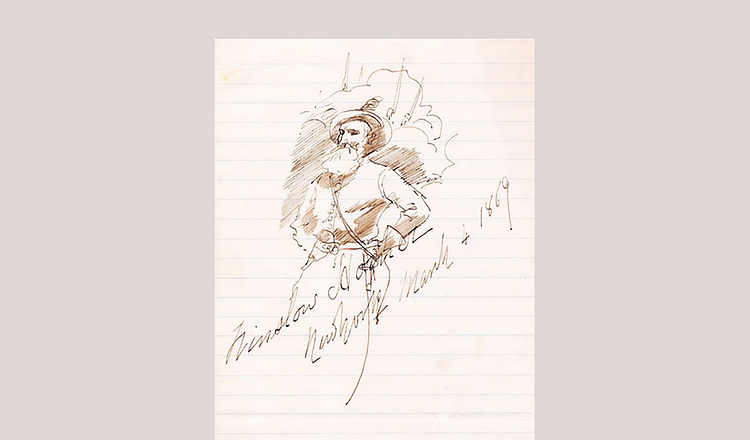Why Did Google Ban Winslow Homer?

Google flagged this small sketch of a Confederate soldier by the artist Winslow Homer as “dangerous or derogatory content.”
The artist's sketches of Confederate soldiers aren't “dangerous or derogatory content"—they're historical evidence.
78
Claudia Strauss-Schulson has been running Schulson Autographs, which sells historical documents like letters signed by presidents or a doodle by Marlon Brando, for around 15 years. Strauss-Schulson, speaking to me from Millburn, New Jersey, tells me she was “flabbergasted” when she got an alert that Google—her site is optimized for the search engine, me…
Continue Reading The Free Press
To support our journalism, and unlock all of our investigative stories and provocative commentary about the world as it actually is, subscribe below.
$8.33/month
Billed as $100 yearly
$10/month
Billed as $10 monthly
Already have an account?
Sign In

